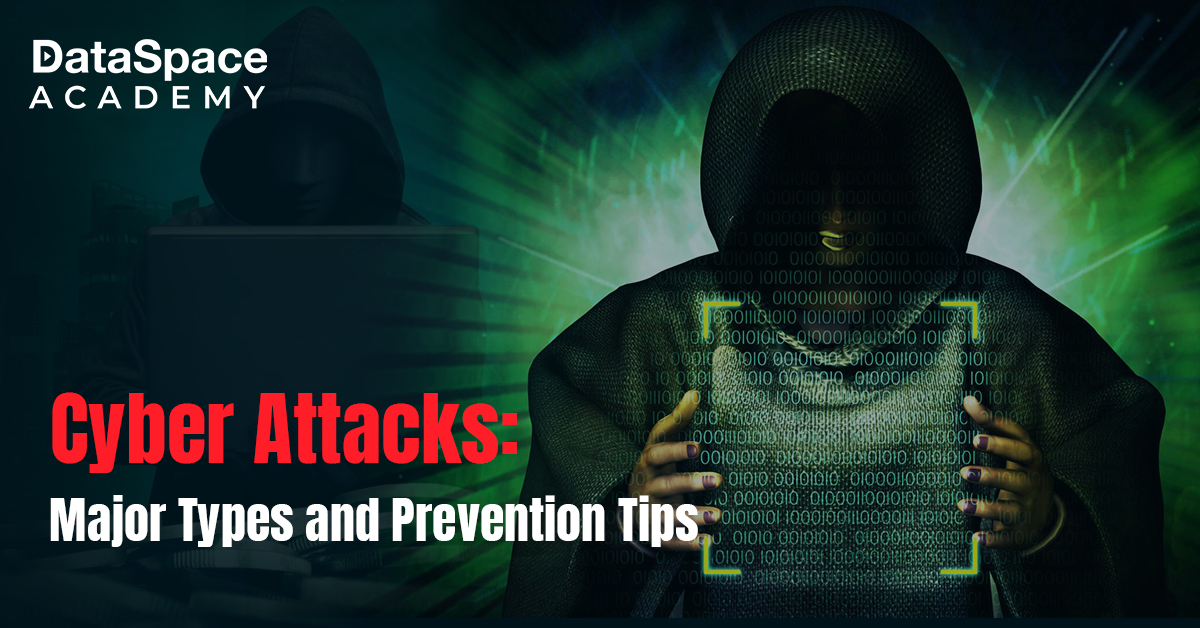How to Talk to Your Kids About Cybersecurity?
Last Updated : 12 Feb, 2022
 84.34K
84.34K

Cybercrime incidents against children spiked by 20 per cent in 2022. Over 70% of children have encountered at least some kind of cybercrime online. According to an alarming report published at IJARSCT, on average 1.5% of cyber crimes in India are against children. Kids are the most common victims of cyber blackmailing or harassment, pornography, bullying, and other similar crimes perpetrated online. Cybercriminals usually find easy prey in kids as the little ones are not always aware of safe cybersecurity practices. Thus, parental guidance about responsible online behaviour is paramount. Parents must proactively educate kids about essential cybersecurity tips to keep them safe from online perpetrators.
This blog extends a listicle on crucial cybersecurity tips and tricks that you should teach your kids to prevent cyber harassment. A vigilant, informed child is an invaluable asset in the modern digital world.
Why Do Attackers Target Children?
Children, often, lack the necessary skills to spot someone lying to them. They are more well-intentioned and trusting than adults. This makes it easier for scammers to trick them easily.
Plus, children lack patience. They often neglect cybersecurity measures that can compromise their safety. Children are often curious about the topics they see in the movies they watch or talk about in their circle of friends. This curiosity leads them to research it online. These random virtual searches could take them to harmful sites, especially if the subject is controversial.

Types of Scams Against Children
As mentioned above, Children usually become an easy target of cybercrime offenders and online sexual predators. Here are some of the top cybercrimes perpetrated against children:
-
Cyberbullying:
In cyberbullying, the perpetrator runs electronic communication to bully a person through intimidating or threatening messages. It can happen through social media, text messaging, or email.
-
Online Grooming:
Online grooming is a crime where an abuser engages with children online and conditions them for unauthorised sexual favours. The abuser may create a fake online profile to pose as someone else, such as a child or teenager.
-
Exposing children to sexually explicit content:
There have been cases where children have been manipulated by illicit actors to watch sexually explicit content. This can include images, videos, or live-streamed content.
-
Sextortion:
Sextortion is a type of blackmail in which an adult threatens to release sexually explicit images or videos of a child unless the child complies with their demands.
-
Identity theft:
Identity theft is when someone steals another person’s personal information, such as their name, Social Security number, or credit card number. This information could be used to commit fraud or other crimes.
Essential Cybersecurity Tips Parents Can Teach To Their Children
-
Password Security:
Teach your child how to create strong, unique passwords for their online accounts. The ideal password will be a mixed bag of special characters, letters, and numbers. Advise them to avoid using easily guessable information like their birthdate.
-
Awareness of Online Scams:
Emphasise the importance of not sharing personal information online. You must educate them on identifying and avoiding online scams. Also, create a safe space for your children so that they can report any suspicious online encounters.
-
Setting Online Rules:
Set daily online time limits for your children. Decide which websites and apps are suitable. Regularly monitor your children’s online activities.
-
Privacy Settings:
Help your child set privacy settings on social media platforms and other online accounts. This will help to restrict public exposure to their posts and information on social media. Explain the importance of limiting the sharing of personal details.
-
Implementing Parental Controls:
Configure parental controls on your home router. Utilise device controls for limiting access. Employ parental control software for continuous monitoring.
-
Phishing Awareness:
Explain the concept of phishing scams, where attackers try to trick people into revealing personal information. Teach your child to be sceptical of unsolicited emails, messages, or links, especially if they seem suspicious.
-
Recognise Cyberbullying:
Among the top cybersecurity tips for students, this is probably the most important. Educate them about cyberbullying and the need to immediately report these kinds of incidents to a trusted adult.
-
Warning on Online Friendships:
Remind your child to be cautious about accepting friend requests or interacting with strangers online. They should only connect with people they know in real life.
-
Stay Informed:
Stay updated on the latest online trends, apps, and platforms your child is using. This will help you better understand their online activities and potential risks.
Conclusion
Cybersecurity is essential for everyone. With rising incidents of cybercrimes against children, parental guidance for minors is paramount. As organisations are teaching cybersecurity tips for employees, parents should also open conversations with their kids about digital safety. They need to prepare their children against online dating scams and other cybersecurity incidents.
 84.34K
84.34K



































































































